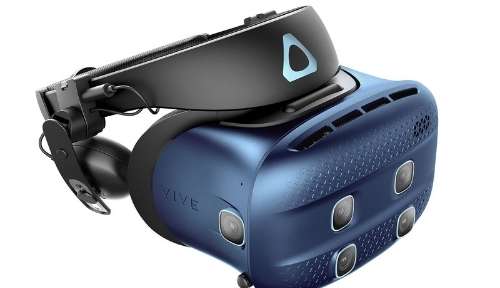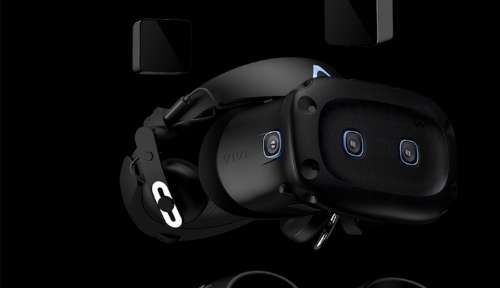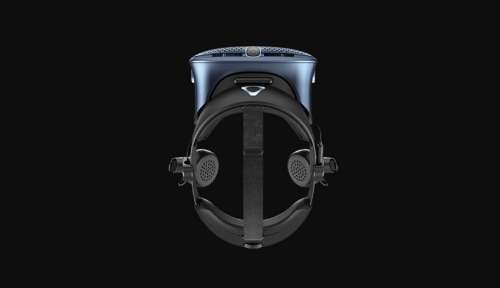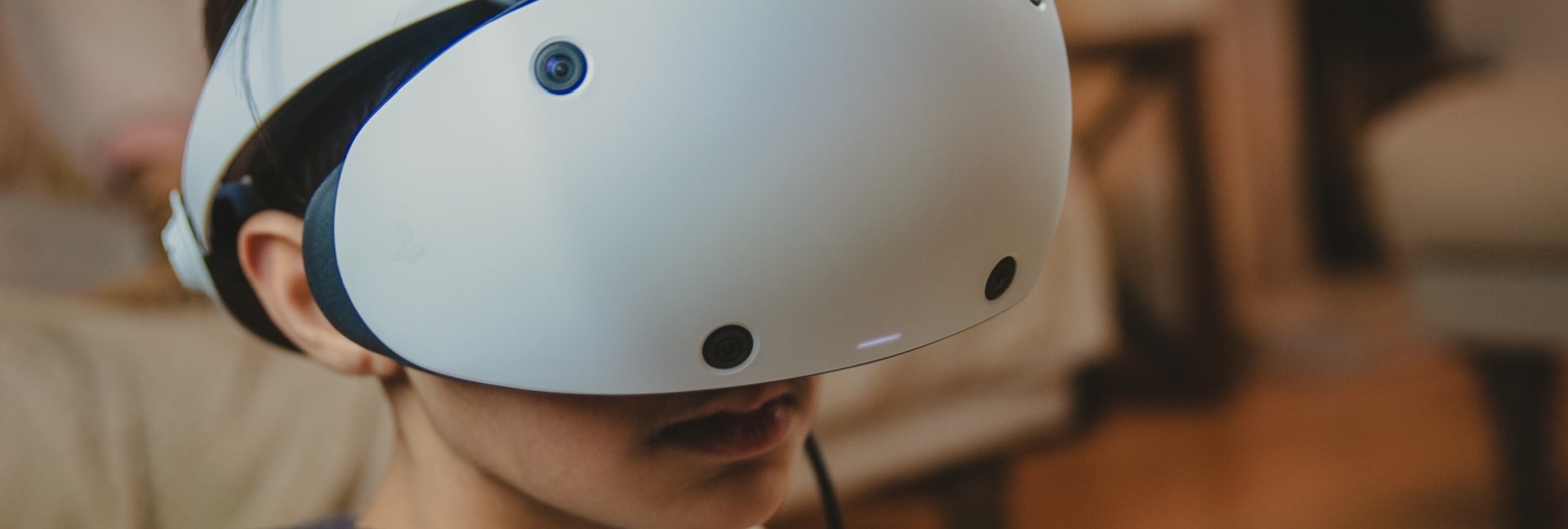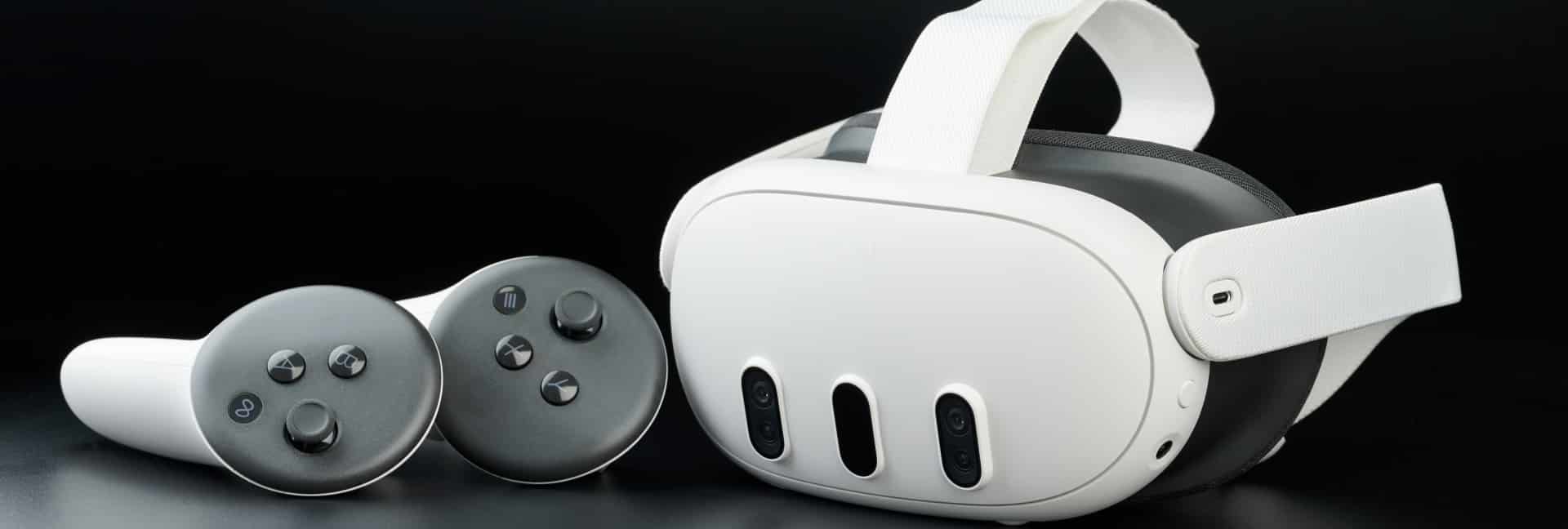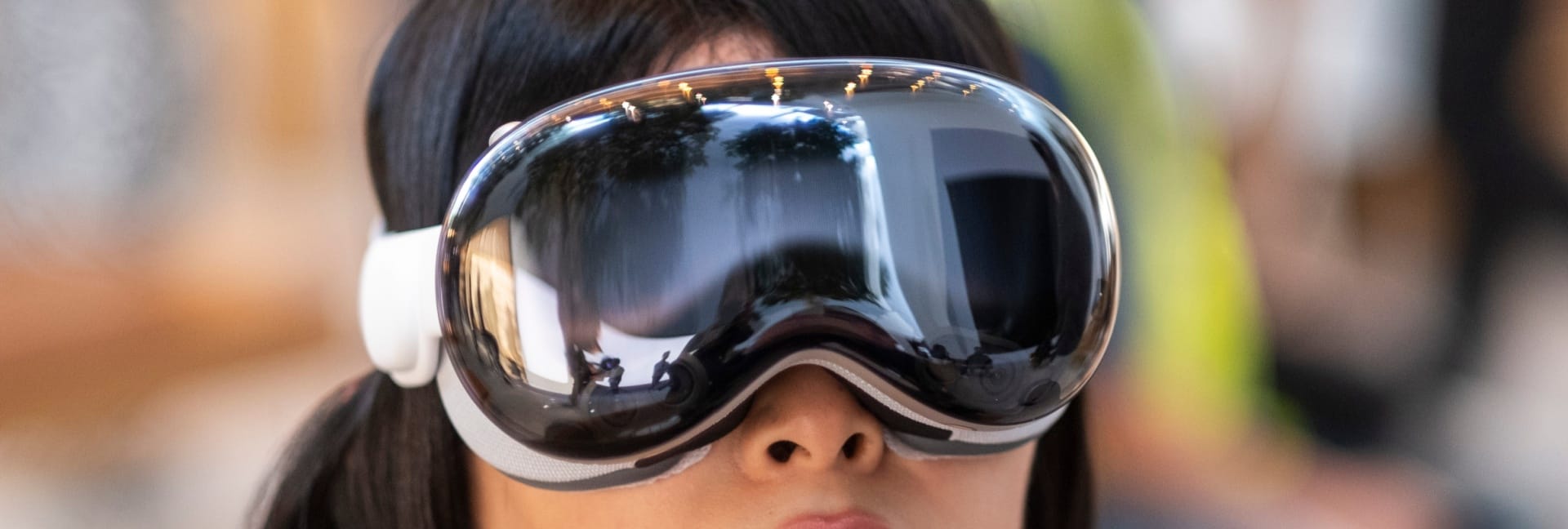
The single biggest study conducted into dementia research has launched a version of their mobile app, Sea Hero Quest, onto Gear VR, a move which they claim will provide even more worthwhile data into navigation and help research into dementia studies.
Sea Hero Quest VR, developed by Glitchers in conjunction with Dementia researchers and Deutsche Telekom (aka T Mobile) launched exclusively onto the Oculus Store, uses a mix of head tracking and gaze-based controls to allow players to navigate the seas they have memorised, hit checkpoints, battle adorably monstrous sea creatures and fire flares into basketball hoops because of course. It has a timer/star based progression system in the vein of most free to play mobile games.
Games Making a Difference
The difference here of course is that this isn’t just about making a fun little distraction but each player could in fact be a tiny but pivotal part in the fight against dementia. Sea Hero Quest, both in its mobile and VR iterations has been designed with the help of researchers into Alzheimer’s Disease and dementia in order to provide a worldwide benchmark of navigation ability, a natural part of our cognition. Every stage in the game is designed to test a particular kind of cognition, whether it is speed, using reference points, memory, being able to retrace one’s own route, reflexes and so on.
The game collects various kinds of data, from the opt-outable data on route navigation and how the game is played, to optional survey information, such as the dominant hand, age, education level, country of origin and so on of the person playing, which has allowed for some interesting conclusions on the general nature of human navigation to be discovered.
There is even more to be discovered even through mobile VR, as the gaze information can be collected separately from movement information, which allows for a greater insight into precisely how people navigate. The mobile game had some tolerances to allow for some of the jerky touchscreen control movements, something unnecessary with the Gear VR’s excellent head tracking.
Some Early Conclusions
The experiment is taking place over five years, having started with the initial mobile app last year, but there has been some interesting data collected already, which has been poured over by neurologists to look for the demographic and sociological elements. This is interesting as the claim by Glitchers is that two minutes of play time equates to five hours of in-person data gathering, something that is even more evident with the VR version.
The first one, already speculated in the field of neurology is that navigation ability begins to diminish as early as the age of 19. The second is that according to the data men and women use different tactics in order to complete the levels, using different routes to reach the same goal and so on. The third is that people who live in Nordic countries (Sweden, Finland, Iceland, Norway and Denmark) are better than average at the game. Quite why these trends have occurred will be part of the overall study.
VR is a medium that is going to transform healthcare and research, something we have looked at previously. Sea Hero Quest VR however is a showcase of how much VR, even at the current capabilities Mobile VR has, is capable of.

